Porous Media Flow Blog Posts
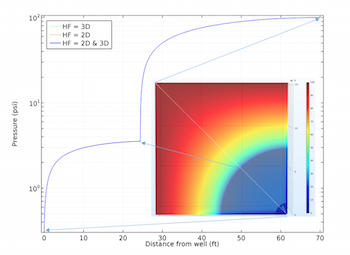
Applying a Hybrid Approach to Fracture Flux Conservation
A guest blogger from Boffin Solutions, LLC, a COMSOL Certified Consultant, discusses using a hybrid approach to calculate fracture flux in thin structures with the COMSOL® software.
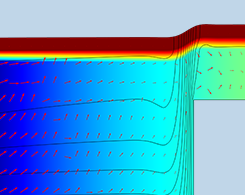
Analyze Porous Structures with Numerical Modeling
Using COMSOL Multiphysics® and the Poroelasticity interface, you can accurately analyze porous materials to evaluate and avoid deformation in porous structures.
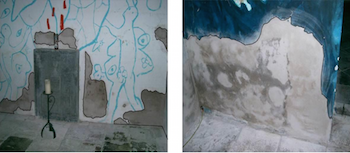
Investigating Damage to Cultural Heritage Sites with Simulation
To find out why paintings in Saint Catherine’s Chapel in the Netherlands are deteriorating, researchers from the Eindhoven University of Technology combined physical measurements and simulation.
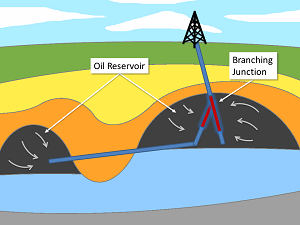
How to Obtain Oil Cost-Effectively with Multilateral Wells
1 example of how numerical simulation benefits the oil & gas industry: You can predict the stability of a multilateral well to determine if it will need expensive mechanical stabilization.
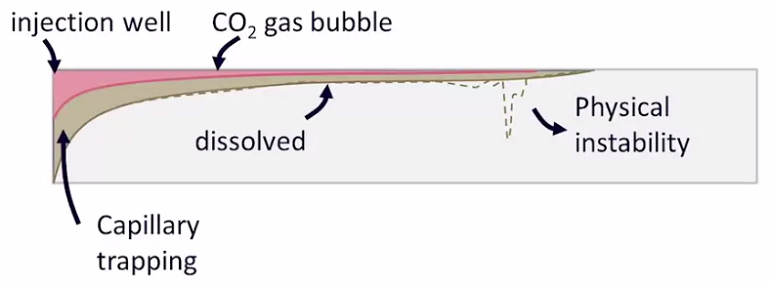
AMPHOS 21 on Simulating Carbon Sequestration
Carbon dioxide sequestration is a proposed solution to releasing carbon dioxide into the atmosphere that involves storing the CO2 in geological formations. AMPHOS 21 models this process.
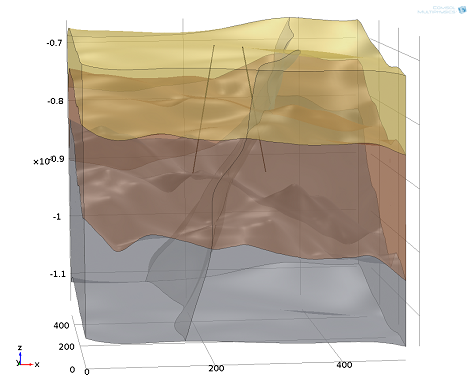
Coupling Heat Transfer with Subsurface Porous Media Flow
Part 2 of the Geothermal Energy series: We couple heat transport and subsurface flow processes to determine the thermal development of the subsurface due to geothermal heat production.
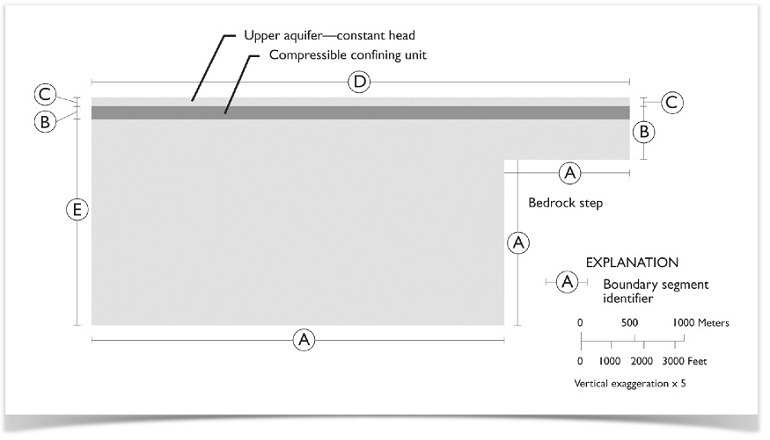
Exploring Below the Surface with a Poroelastic Analysis
How did the Leaning Tower of Pisa get its “lean”? We discuss poromechanics in building mechanics and how to run a Biot poroelasticity analysis for such problems.
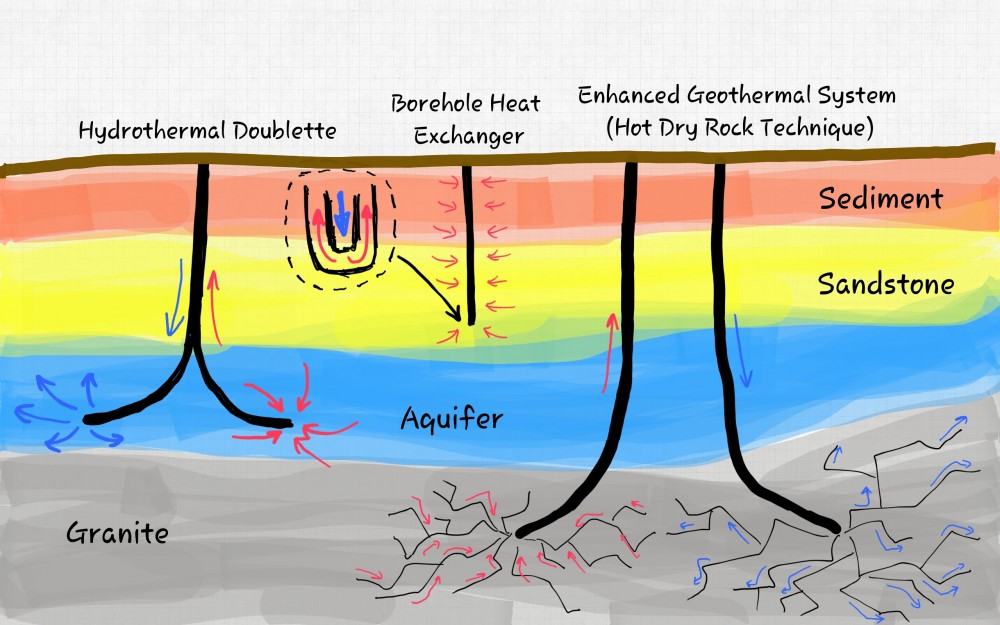
Modeling Geothermal Processes with COMSOL Software
Read Part 1 of our Geothermal Energy blog series here. You’ll get an introduction to the concept of modeling geothermal processes and the many physical phenomena involved.
